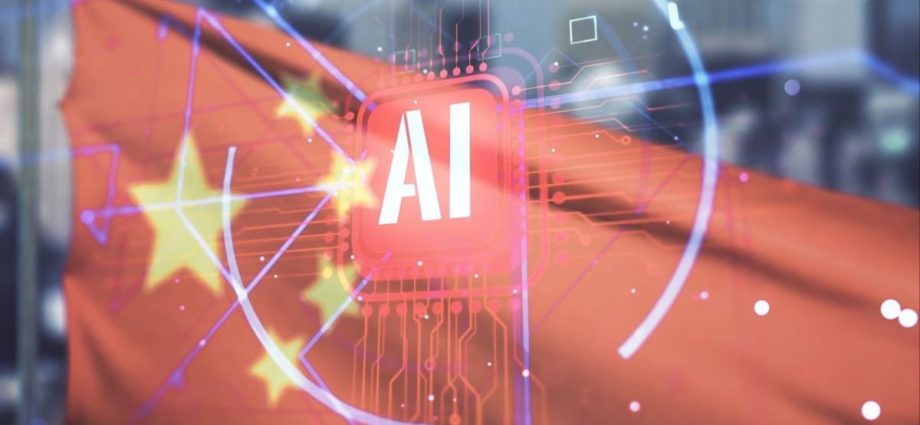
Zhu, who spent 28 years studying, living and working in the United States, left his professorship at UCLA in 2020 to establish BIGAI back in China.
As a world-renowned scholar in the field of AI, his research areas include general artificial intelligence, computer vision and autonomous robots, among others.
He has received the ONR Young Investigator Award from the US Naval Research Laboratory and the Marr Prize from the International Conference on Computer Vision, one of the highest awards given for papers in the field.
He has also served as chairman of the Conference on Computer Vision and Pattern Recognition (CVPR) and vice-director of the IEEE Computer Society Fellow Evaluation Committee.
Also showcased at the exhibition was the Tong Test, a platform for AI testing published by Zhu’s team in the journal Engineering hosted by the Chinese Academy of Engineering (CAE) in August last year.
Traditional AI tests, which focus on human identification, task orientation and virtual environment testing, each have their limitations.
The Turing Test, for example, can only assess an AI’s communication level with humans, not its intelligence. Task-oriented tests may lead to AI systems learning tasks too specifically, thus losing their ability to generalise. Virtual environment tests, while creating realistic experiences, tend to oversimplify physical environments.
The Tong Test introduces a comprehensive capability assessment framework across five dimensions – vision, language, cognition, motion and learning. It also encompasses a value system ranging from physiological and survival needs to emotional and social values, and even group values.
“With nearly 100 specialised tasks and over 50 general tasks, the Tong Test offers a complete testing regime for the development of general artificial intelligence,” a release on the institute’s website said.
“For general AI to integrate seamlessly into human environments, it must learn and execute tasks in complex settings, driven by values and an understanding of causality. This is why we proposed the Tong Test, a new direction for testing general AI, focusing on practical abilities and values,” Zhu said in the release.
“Our research will guide general AI in learning and improving its capabilities more effectively and safely, ensuring it serves human society better,” he said.
This article was first published on SCMP.

